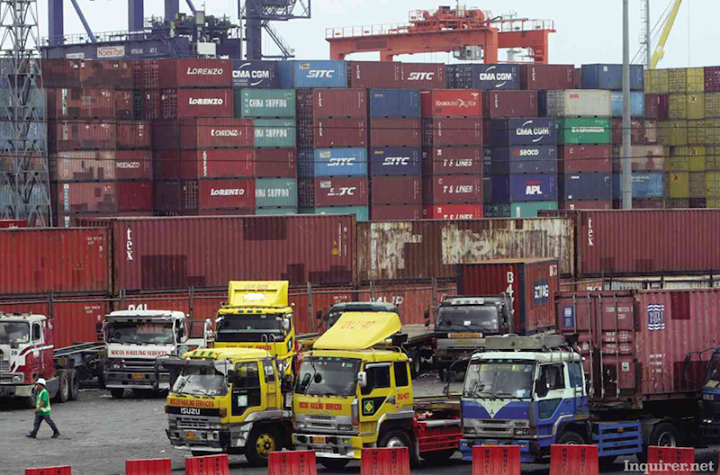Republic Act No. 10668: Foreign Ships Co-Loading Act
Currently, inter-island shipping is exclusively reserved for ships bearing the Philippine flag. Internationally, this principle is known as the Cabotage Principle, which is implemented to protect the country’s local shipping industry.
Unfortunately, this exclusive right incurs an extra cost for our importers of raw materials and for Philippine exporters of goods. Thus, we are pushing today for allowing foreign ships coming from international ports to dock into multiple ports all over the country.
This reform will provide our producers and entrepreneurs the following benefits and these are: 1) the lowering of production costs; 2) the easing of doing business in the maritime transport industry; 3) the decongestion of the Manila Port; and 4) the further leveraging of our strategic location in the ASEAN market.

Recent Comments